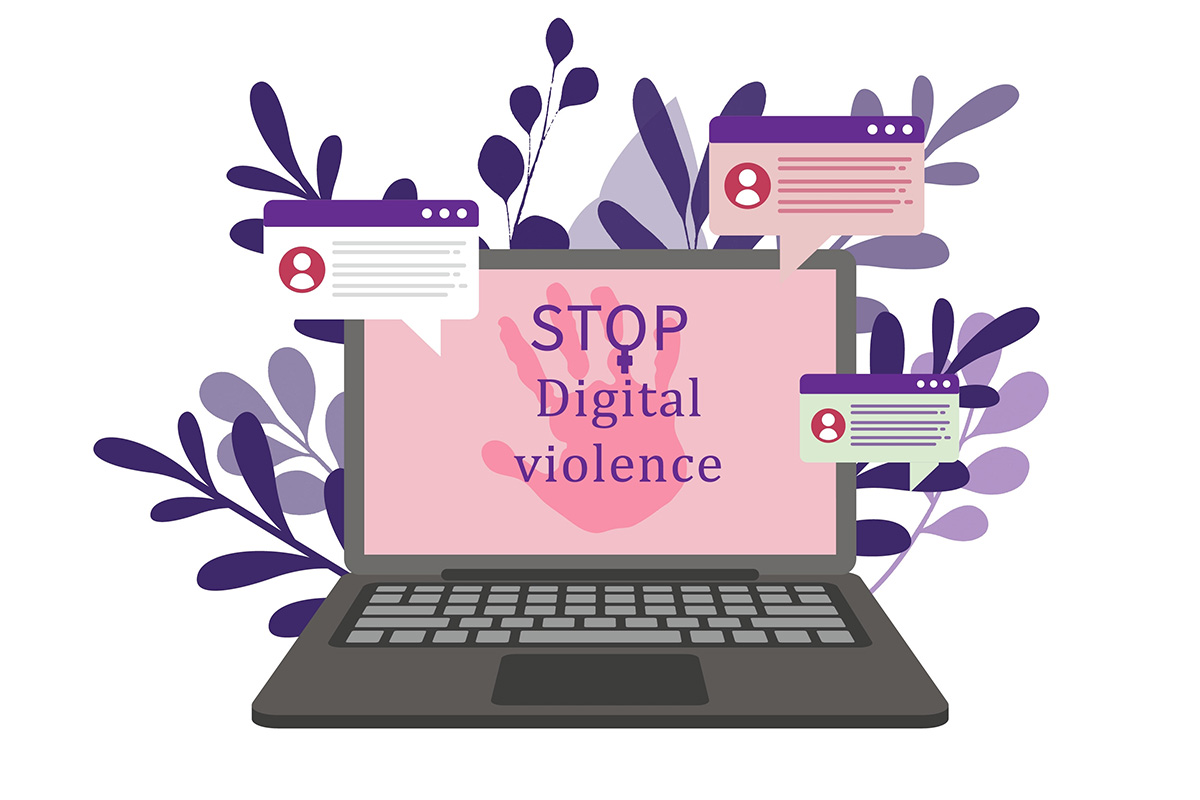Anomalies in the Food and Health Industries: A Feat to Defeat
September 1by Monica Islam
I describe anomalies in the food and health industries as “a feat to defeat” because according to Forbes, the global food and beverage industry recorded over USD155 billion in profits in the year 2021-2022, despite a disruption in the global trade due to the war in Ukraine. Billionaires in this industry have witnessed a rise in their collective wealth by a margin of 45 per cent over the past two years, and 62 new food billionaires have been created in this sector. As for the healthcare industry, Deloitte reported that the health care industry had been projected to exceed 8.5 trillion USD by 2020.
Behind this rosy picture, food adulteration and medical negligence continue unabated around the world.
Food Adulteration
As my friends and I gathered at a coffee franchise in Bangladesh, we were shocked to see that the waitress there simply wiped a used mug with a ragged cloth before pouring coffee in it and serving it to the next waiting customer. She did not wash the mug.
This is just a tip of the iceberg.
After having a sumptuous-looking meal at a restaurant in Bangladesh, I fell ill at night. My body was aching and shivering and my body temperature soared to above 100 degrees Fahrenheit. My head was paining as if it were going to explode and I could not open my eyes. As I was hospitalized in the next few days, it turned out that I was diagnosed with paratyphoid. What followed was a month of excruciating distress for me as I tossed and turned in the hospital bed, writhing in pain, as I eventually recovered and got discharged from the hospital after a month of high-dose antibiotics.
This was in 2009.
A decade later, my niece faced the same fate as she suffered from typhoid due to contaminated food and beverage.
But this is just one personal human interest story from one tiny country Bangladesh that I have conveyed here. Let us look at the news reports and statistics on this issue.
In 2008, the contamination of powdered infant milk in China caused illness in 294,000 children, with 50,000 hospitalizations and 6 deaths. In 2013, a methanol poisoning affected 694 patients, with 8 deaths in Iran. The National Institute of Health asserts that “the global food industry faces an expense of approximately USD 10-15 billion per year due to health and financial damage associated to intentionally contaminated food products.”
Medical Negligence
Recently, a five-year old child died in Bangladesh allegedly due to inappropriate dosage of anesthesia injected during circumcision at a hospital. At the same hospital, my neighbour’s wife allegedly underwent wrong treatment, following which she could not move her limbs. Her life is strapped to a wheelchair now as she cannot even perform mundane tasks without help. This is the scenario for an affluent family. How much more difficult will medical negligence be for the underprivileged? Since this person was well-off and socially-connected, the perpetrator’s licence was cancelled and the story made rounds in the media. But to what effect? The story has been long forgotten.
Conclusion
This is an issue of immediate public health concern.
I urge our leaders to create a taskforce to oversee the handling of food and other health products. Food handlers need to be screened and tested for typhoid and other contagious diseases so that they cannot pass on these diseases to consumers. They need to be trained in hygienic practices. A day needs to be dedicated to the prevention of typhoid. These are some of the ways in which we can create awareness about food adulteration and medical negligence, and hopefully bring about the prevention of these phenomena all around the world.






